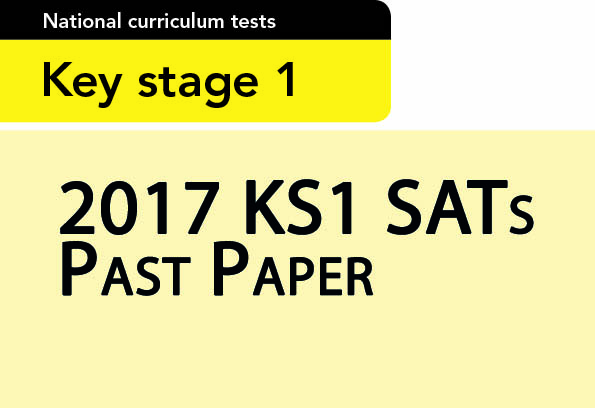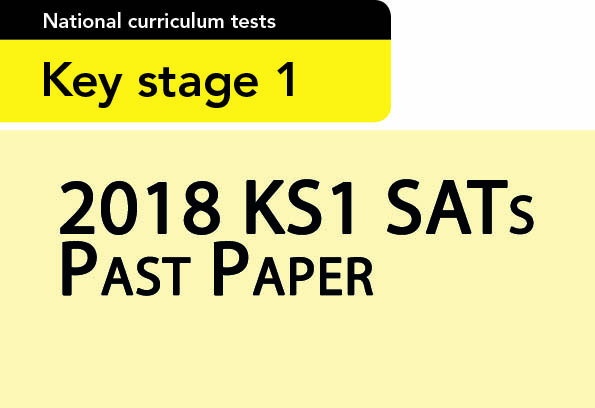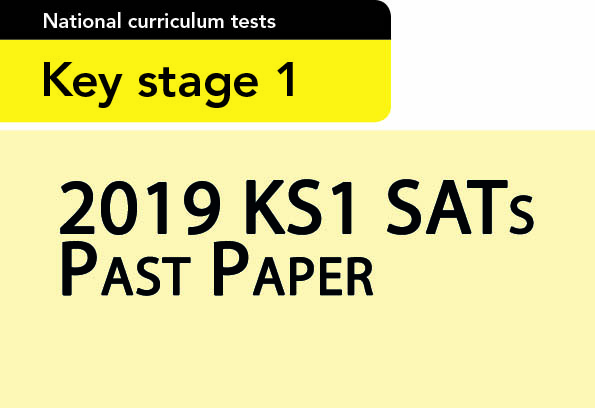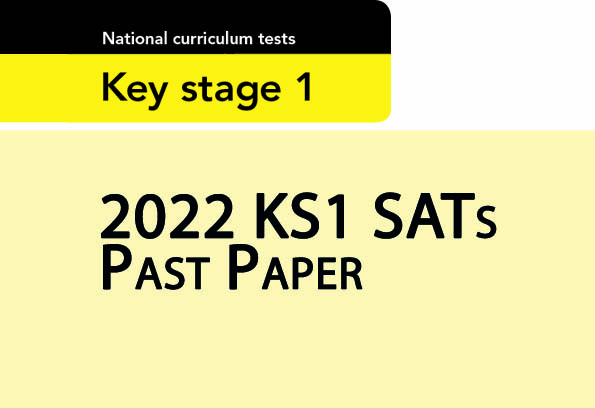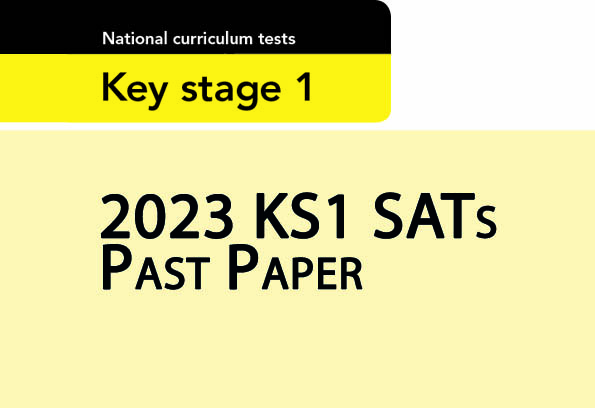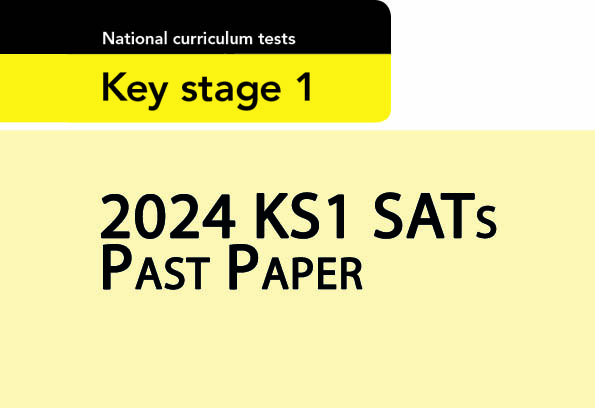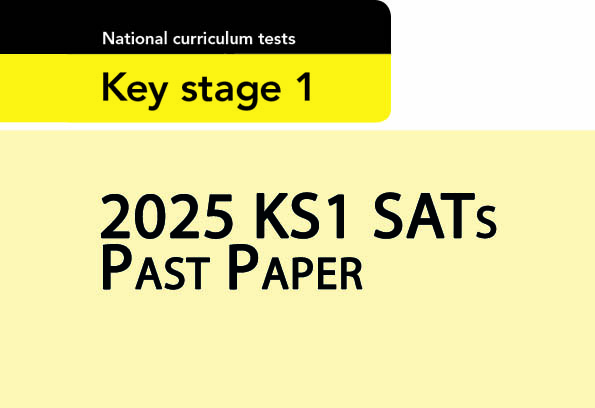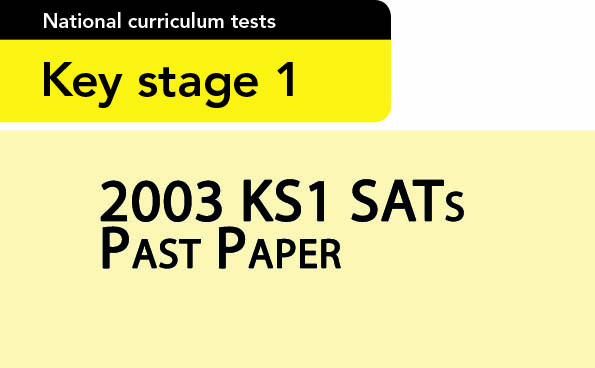KS1 SATs papers (Key Stage 1 Standard Assessment Tests) are assessments taken by children in Year 2 (age 6–7) in England. These tests are used to measure a child’s progress at the end of Key Stage 1, typically in English and maths. The KS1 SATs papers are created and published by the Standards and Testing Agency (STA), which is part of the UK government’s Department for Education. Here’s what’s included in the KS1 SATs.
2016 – 2025 KS1 SATs Papers
Old Papers
KS1 English Reading
This paper divided into two papers:
Paper 1: Reading Prompt and Answer Booklet
- Format: Combined booklet with short texts and questions on the same pages.
- Text types: Simple stories, poems, or non-fiction.
- Questions: Mostly short-answer, multiple choice, or tick-the-box.
- Focus: Basic comprehension, identifying characters, events, and meanings.
Paper 2: Reading Booklet and Separate Answer Booklet
Format: A reading booklet with 2–4 longer texts (stories, poems, or information texts), plus a separate answer booklet.
Questions:
- Multiple choice
- Short written answers
- Some longer answers (e.g., explaining why something happened in the story)
Focus: Deeper understanding, inference, vocabulary, and explaining answers using evidence from the text.
Skills Assessed
- Finding key information
- Understanding vocabulary in context
- Making inferences (e.g., “Why do you think the character felt sad?”)
- Sequencing events
- Explaining ideas with evidence from the text
KS1 Spelling Paper
Format: A short booklet with 20 sentences, each missing one word. The teacher reads aloud each sentence and dictates the missing word.
Example Sentence:
The cat was hiding under the (Teacher says: “The cat was hiding under the table. Write the word table.”)
Focus: Common spelling patterns taught in Year 1 and Year 2, including:
- Phonics-based spellings
- Suffixes and prefixes
- Plurals
- Homophones
- High frequency/tricky words
KS1 Maths Paper
Paper 1 Arithmetic
- Focus: Basic number skills and mental maths.
- Length: Around 20 minutes.
- Marks: Up to 25 marks.
- Question Types:
- Addition and subtraction (e.g. 13 + 4)
- Multiplication and division (e.g. 3 × 5, 20 ÷ 5)
- Number bonds (e.g. ___ + 7 = 10)
- Place value (e.g. 40 + ___ = 70)
- Fractions (e.g. ½ of 10)
Paper 2 Reasoning
- Focus: Applying mathematical knowledge to solve problems.
- Length: Around 35 minutes (with a break, if needed).
- Marks: Up to 35 marks.
- Question Types:
- Word problems and puzzles
- Using diagrams or number lines
- Shape, space, and measure (e.g. telling the time, reading scales)
- Money problems
- Logic and reasoning (e.g. “Which number is the odd one out?”)
Skills Assessed
- Counting and number patterns
- Understanding place value
- Calculating with the four operations
- Fractions, time, money
- Applying logic to real-life maths problems


